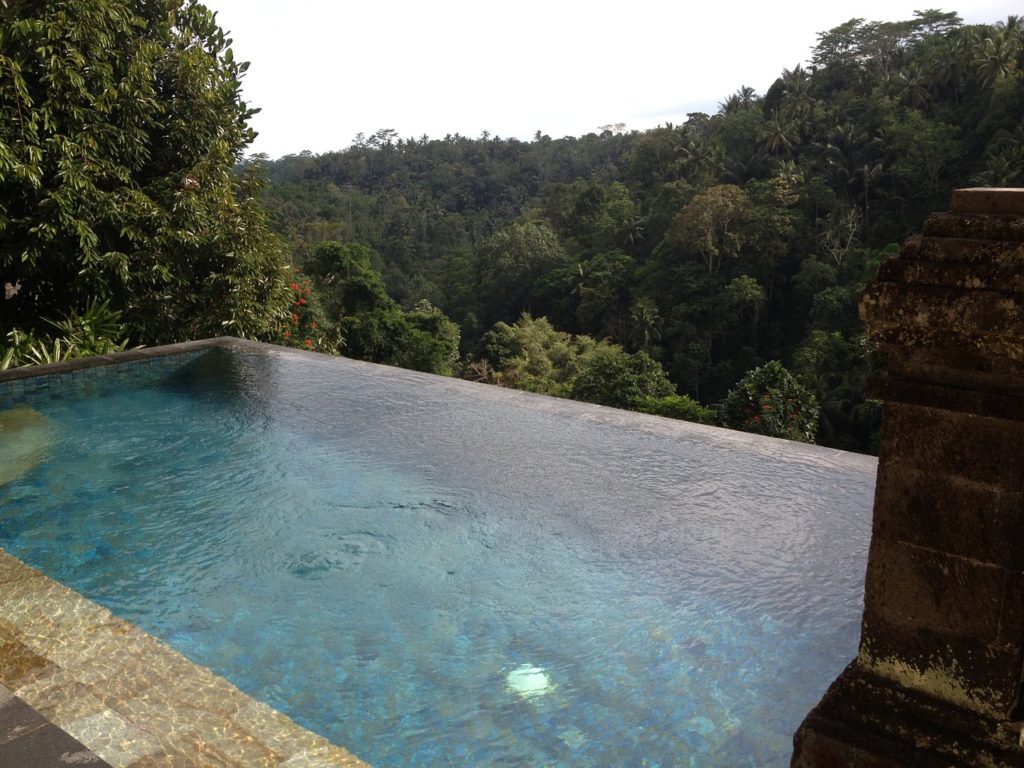There may be millions of tourists who visit Bali every year, but rest assured they will never run out of rooms to stay in, as the island evidently has more hotel rooms than they need.
According to Agung Suryawan Wiranatha, director of the Center of Excellence in Tourism at Udayana University, the oversupply of hotel rooms is one of the problems plaguing Bali for more than a decade.
Speaking at the Ubud Writers & Readers Festival last week, Agung cited his latest calculation and said that when you take into account the unregistered accommodation as well, there’s currently an oversupply of around 50 to 60 thousand hotel rooms in Bali.
Central Statistics Agency (BPS) data from 2018 showed that there are nearly 110,000 registered hotel rooms on the island. However, as reported by local media, occupancy rate is usually only about 60 percent annually.
Agung said that research he did more than a decade ago on the supply and demand of accommodation in Bali already showed the need to halt development of new ones then. On top of that, despite a moratorium on hotel developments from the Bali provincial government that went into effect in 2011, enforcement seems minimal, seeing as how we’re still seeing the launch of new hotels in recent years.
As reported by Tribun-Bali, some of the new openings include Renaissance Bali Uluwatu Resort & Spa and The Apurva Kempinski Bali.
“When the government issued the moratorium, there is no implementation by lower or regency governments, and the permits are issued by [them],” Agung said.
“The letter from the government became just a suggestion … Implementation is not good, this is a problem in our country.”

The wealth of natural beauty and culture in Bali has evidently made this Indonesian island one of the most popular destinations around the globe. But when tourism makes up as much as 80 percent of the regional economy, the question of survival always peeks around the corner.
Agung was part of a panel attempting to answer the question: ‘How Can Bali Survive?’. The session saw a full house of participants – comprised of both Indonesians and foreigners – eager to learn more about the ails of the Island of the Gods and what could possibly be done to tackle the mounting issues.
While it was decidedly ambitious, the panel didn’t actually manage to answer the main question on the floor, and even failed to highlight some of the obviously pressing problems, such as those related to the environment; something that an audience member pointed out during the Q&A session.
One of the speakers, Balinese writer and researcher I Made Iwan Darmawan, highlighted how Bali has always been an “unplanned destination,” alluding to how government usually only react after companies and outlanders come and expand its tourism potential.
“[People in Bali] don’t really think about what’s next. [But] there are always efforts to improve, which is why the Balinese can survive,” Iwan said.
Read more news and updates from Bali here.




